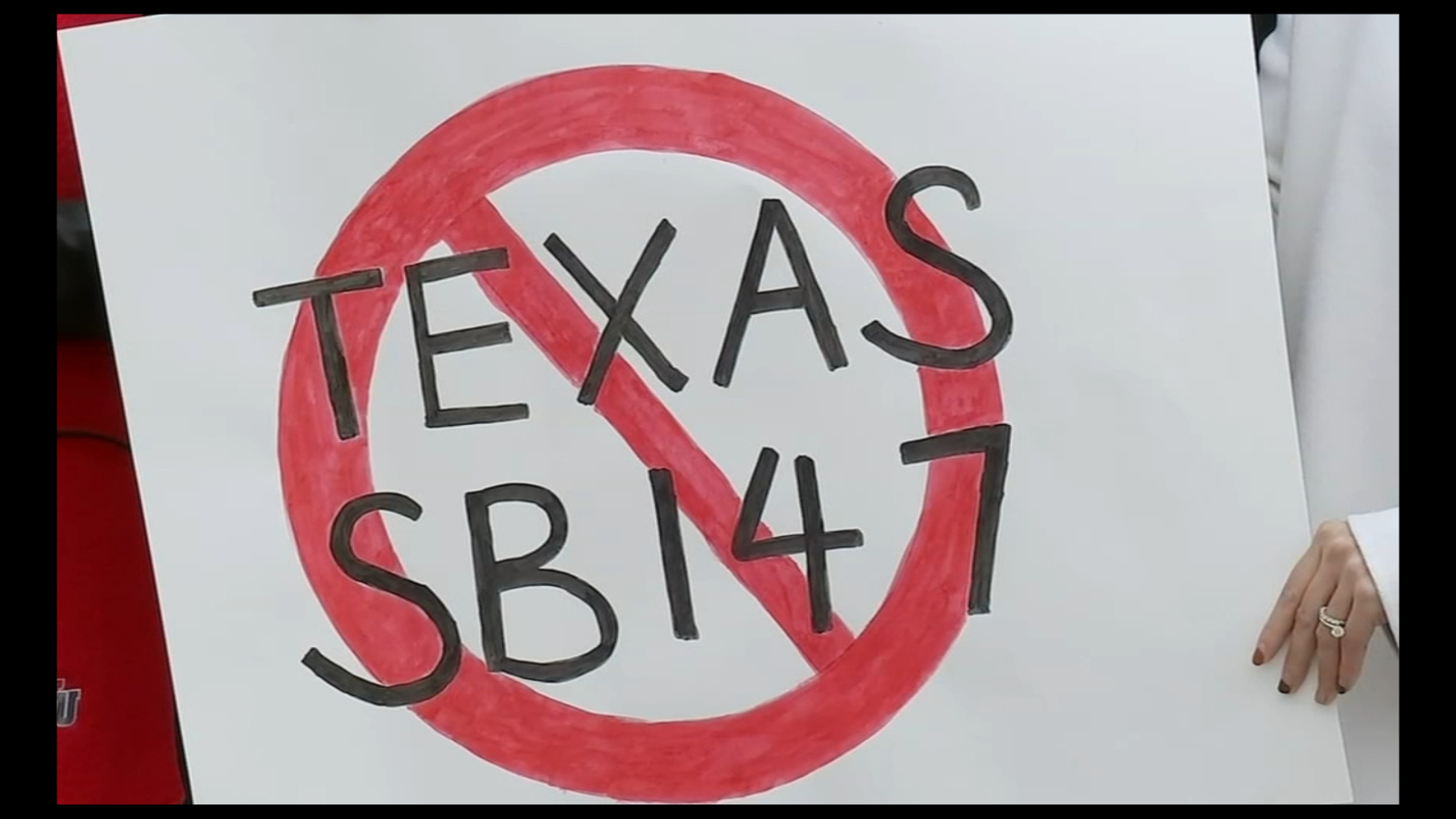What does the text of the bill say?
The bill explicitly states “an individual who is a citizen of China, Iran, North Korea, or Russia”…”may not purchase or otherwise acquire title to real property in this state.”
Likewise, the bill says companies owned or controlled by citizens of the same countries – China, Iran, North Korea, or Russia – may not purchase or acquire property.
There is also a ban on those governments purchasing property in Texas though, in the case of Iran, extensive sanctions prohibit such purposes at the federal level. The major change from the bill would be a ban on certain citizens owning property.
Is there a risk it passes?
Yes. Governor Abbott explicitly supported the citizen ban, saying on Twitter “A bill is filed in Texas legislature to ban citizens, governments & entities of China, Iran, North Korea & Russia from purchasing land in Texas.
I will sign it.
This follows a law I signed banning those countries from threatening our infrastructure.”
The bill is sponsored by a Republican, and Republicans hold the Senate and House with majorities. Democrats, including state Rep. Gene Wu – a Chinese American – have come out strongly against and indicated it is an attack on immigrant communities and the American dream. They fear it could pass and the best way to prevent it from doing so is a strong public outcry against it.
To whom this ban applies to, and would Iranian Americans be affected?
As written, it is extremely broad. Any Iranian here on a visa, as well as green card holders who are permanent residents, would be subject to that restriction as they are citizens of Iran.
And as currently written, it could be interpreted to apply to Iranian American dual citizens, including many born in Texas. As citizenship is passed through the father, many US citizens are considered by the Iranian government to be Iranian citizens, often through no proactive step of their own.
The prospect of this adding new scrutiny, red tape, and discrimination against Iranian Americans is significant. There is no clarity in the bill on how it could impact dual citizens – it only bans citizens of Iran from property ownership.
Wouldn’t this bill target Iranians in the U.S. connected to the Iranian government?
Measures like this do nothing to hurt the Islamic Republic or anyone in Iran’s government. Federal law already bars members of Iran’s government from property ownership. The provisions enacting bans on Iranian government purchases at the state level would literally do nothing.
Is there legal precedent for this bill?
Bans on property ownership have a long history in this country and are deeply entwined with racism and nativism. Enslaved persons were barred from owning property, and after emancipation “alien land laws” were introduced to bar certain immigrants – primarily from China and Japan – from becoming property owners. These laws were eventually ruled unconstitutional and overturned by the 1952 Supreme Court case Sei Fujii v. California for violating various protections, including the Equal Protection clause of the 14th amendment.
The origins of this bill can also be traced back to Trump’s Muslim Ban that separated Iranian Americans and many other American immigrant communities from our loved ones abroad. At this difficult time of need for our community, we unfortunately have demagogues trying to become the next Donald Trump targeting us.
Can the Supreme Court strike down this bill?
This is clearly unconstitutional and a political stunt at the expense of Iranian Americans and other immigrant communities. Many in Texas have already started to organize against it. And there is favorable precedent for the Supreme Court to strike down the bill should it pass. But we can’t rely on the courts to save us. After all, they upheld Trump’s racist Muslim ban despite plenty of evidence of discriminatory intent and court precedent. Currently, there’s a conservative majority on the Supreme Court so we can’t guarantee that they will strike down this bill as unconstitutional, in whole or in part. And a favorable outcome may only come after years of painful and discriminatory treatment where it is upheld at the state level.
How can it be defeated?
It needs to be defeated the way any bill is defeated – by mobilizing the public and forcing legislators to vote against it or remove the provisions targeting property bans at citizens. Public outrage is vital to defeating the bill or securing concessions to protect our communities.
Petition in English and Farsi.
Back to top